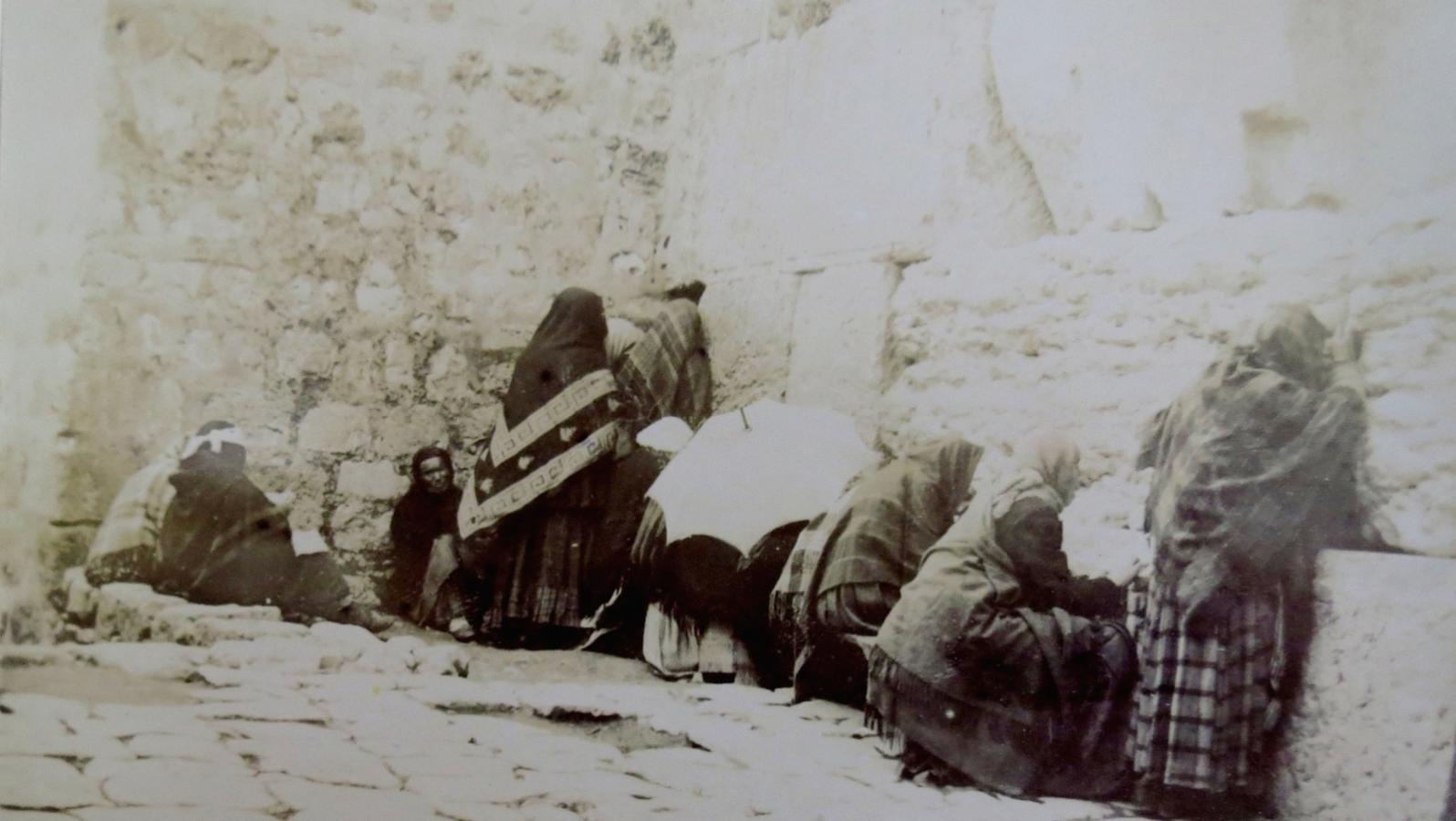Through centuries of exile, Jewish hopes and prayers were focused on a small swath of land bordering the Mediterranean Sea, but for the most part, discussions about the Land of Israel were practically irrelevant. In modern times, Jewish thinking regarding the Land evolved, as mass Jewish settlement of the Land became a reality.
Israel in Classical Jewish Sources
In the Bible, Israelite peoplehood is inextricably tied to the Land. God promises the Land to Abraham and his descendants, though the gift is contingent on virtuous behavior.
Rabbinic sources debate whether the Land is inherently holy or whether it is made holy by the commandments practiced there. Regardless, the Land remained central in rabbinic thinking. Living in the Land atones for all sins, one source says; another claims that Jews buried there will be the first to be resurrected in the End of Days.
Israel in Medieval Thought
Rashi, the influential biblical commentator, picked up the Torah’s theme of divine ownership of the Land by declaring that the Torah begins with Creation–and not the first commandment–to stress this point. God, as Creator, can give the Land of Israel to whomever God pleases.
With your help, My Jewish Learning can provide endless opportunities for learning, connection and discovery.
Many medieval philosophers offered theories explaining the Land’s holiness. Judah Halevi wrote that the Land’s spiritual centrality is tied to its geographical centrality at the center of the inhabited earth. Similarly, Abraham Ibn Ezra believed the Land was astrologically superior to other lands.
According to Maimonides the Land is inherently like all other lands; the Land is a means toward fulfilling certain commandments, rather than an end in itself. However, Nahmanides–one of the kabbalists (mystics)–believed all of the commandments were meant exclusively for residents of the Land and are observed in exile only in preparation for the return there.
Israel in Modern Thought
Anti-Semitism led some 19th-century Jews to see the establishment of a sovereign Jewish nation as the sole way to ensure Jewish survival. These Zionists met resistance from traditional Jews–who believed only God could initiate the return to the Land–and from liberals, who believed the solution lay in integration with liberal Western societies.
Early Zionists–like Theodor Herzl, who founded the political Zionist movement–considered different sites for a Jewish homeland but came to see the Land of Israel as the only option. Ahad Ha-am, the father of cultural Zionism, believed the Land should be cultivated as a spiritual and cultural arena, not a political homeland.
Though many traditionalists shunned Zionism, Rabbi Abraham Isaac Kook developed a theology laying the foundation for religious Zionism. Kook saw Zionism–even in its secular forms–as hastening the Messiah, which was imminent.
His son, Rabbi Tzvi Yehudah Kook, founded Gush Emunim, which believed that Jews are obligated to settle all of the biblical Land of Israel, including territories at the center of the Palestinian-Israeli dispute. His devotees object to relinquishing any settled land, though many religious Zionists offer a more moderate approach.
In recent years, a group of Israeli academics known as the New Historians have challenged widely held beliefs about the history of the state, especially its treatment of Palestinians. Their theories are highly controversial and sparked intense debate.
Torah
Pronunced: TORE-uh, Origin: Hebrew, the Five Books of Moses.



